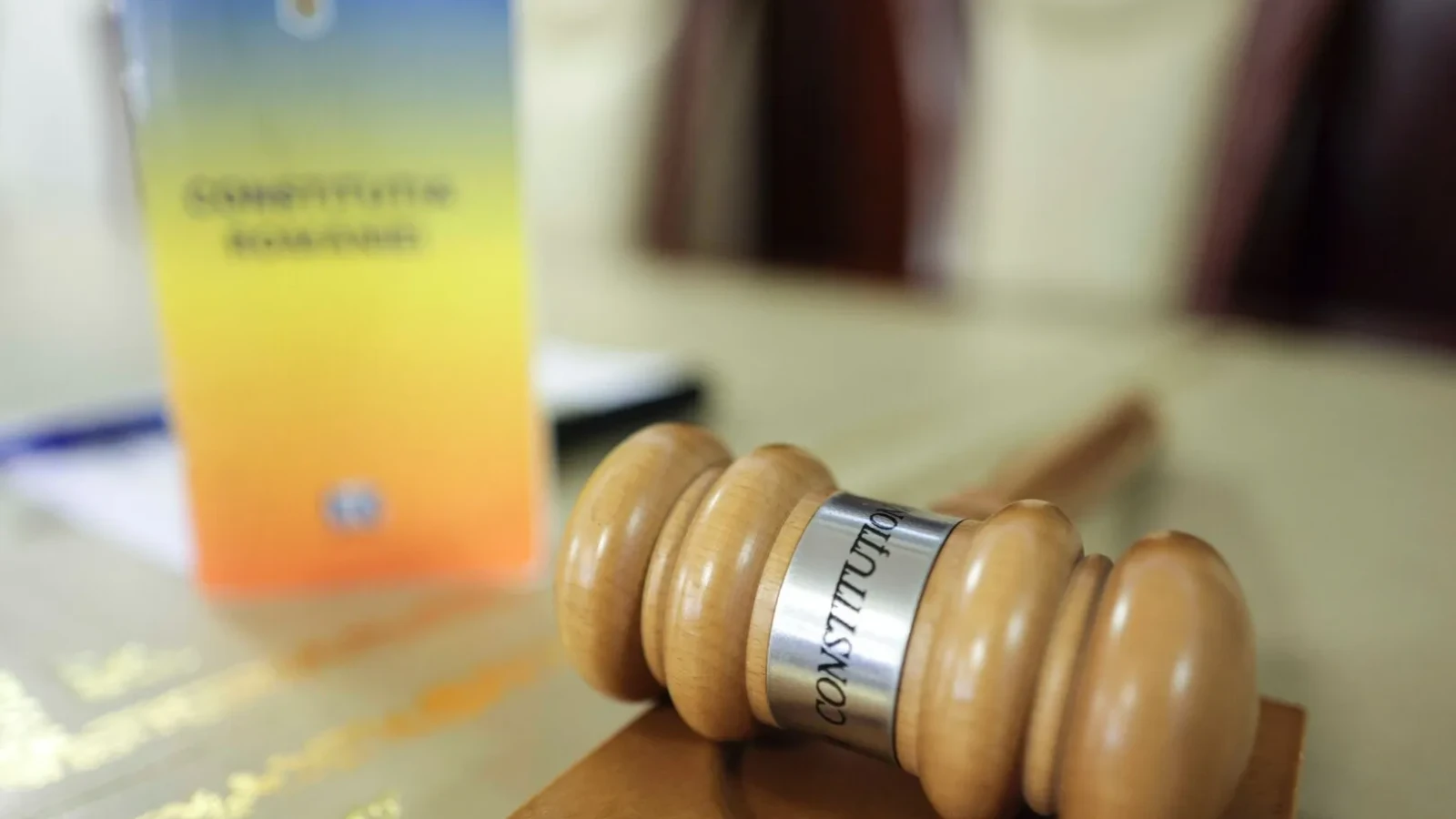The Constitutional Court of Romania established on Wednesday that the regulation of the Single Register of Transparency of Interests (RUTI) in Parliament, in the form of a public platform, accessible online, through which deputies and senators publish information regarding meetings between them and third parties, reflects flexibility in drafting flexible norms, without affecting constitutional requirements.
According to a press release from the CCR sent to AGERPRES on Wednesday, the constitutional judges, unanimously, rejected as unfounded the objection of unconstitutionality formulated by the deputies belonging to the parliamentary groups of the Alliance for the Unity of Romanians and S.O.S. Romania, as well as by senators belonging to the parliamentary group of the Alliance for the Unity of Romanians, and found that the Law amending art. 12 of Law no. 96/2006 on the Statute of Deputies and Senators is constitutional in relation to the criticisms of unconstitutionality formulated.
With regard to the criticisms of extrinsic unconstitutionality, which concerned the observance of the norms of legislative technique in the elaboration of the explanatory memorandum of the legislative proposal, the constitutional provisions regarding the opinion of the Legislative Council and the procedure for adopting the law, the Court found, in essence, that:
- the amendments made by the criticized law are reflected in the content of the explanatory memorandum;
- The Legislative Council communicated its favorable opinion, and some observations contained in the opinion were taken over in the form of the law;
- the issues regarding the violation of deadlines in the law adoption procedure concern the application of parliamentary regulations, without constitutional relevance, while the free debate of legislative solutions and the exchange of ideas in Parliament, as the basis of democracy, were not affected.
With regard to the criticisms of intrinsic unconstitutionality, the Court found that:
- the specific legal status of deputies and senators does not justify, per se, a difference in legal treatment in relation to the other categories of persons to whom the rules regarding transparency in the exercise of public functions and dignities apply;
- the regulation of RUTI in Parliament, in the form of a public platform, accessible online, through which deputies and senators publish information regarding meetings between them and third parties, who express, on their own initiative, their interest in a legislative initiative under parliamentary procedure, reflects flexibility in drafting flexible norms, without affecting the constitutional requirements of clarity of the law and the official character of the Romanian language;
- establishing the obligations of deputies and senators to register with RUTI and to publish information regarding meetings with third parties, in connection with a legislative initiative under parliamentary procedure, does not alter the fundamental role of parliamentarians to be at the service of the people, materialized at the level of the criticized law, including by establishing the obligation to maintain an open and fair dialogue with citizens, respectively with third parties, on issues that interest them and that result from assuming and exercising the parliamentary mandate.
































Comentează